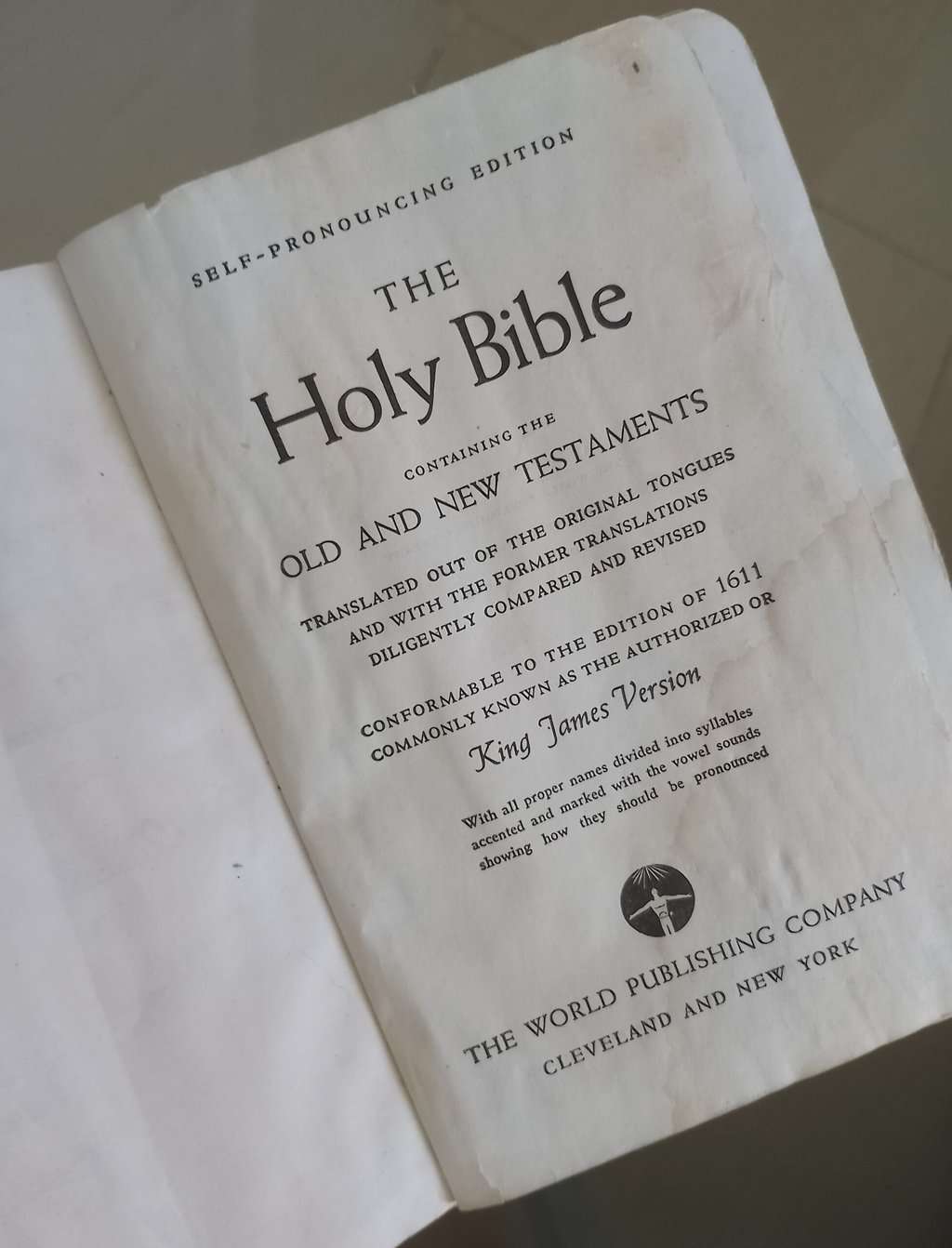Holy Quran Burnings and Misleading the Masses
During the 2023 United Nations General Assembly debates, held September 19-26, there were several objections to recent attempts in Europe to incite Muslims by burning the Holy Quran. The Turkish and Iranian presidents, and the emir of Qatar each spoke out against the horrific desecration of the holy book.
Many Muslims own Bibles and treat them with respect, being required to believe in their original sanctity. That makes it difficult for Muslims to believe that any religious person would burn the holy book of another. It almost brings on a state of shock: Why would anyone, religious or not, burn the Holy Quran?
“What happened (in Sweden) is a clash and a conflict not based on knowledge, but on ignorance,” the Prime Minister of Malaysia Anwar Ibrahim told an audience at the local One Million Al-Quran Waqf Solidarity program on September 15. His plan is to help distribute Holy Quran translations en masse to Sweden and other European and western countries.
Is this the solution?
Holy Quran Burnings and Misleading the Masses
While there is a lot of misunderstanding about the Holy Quran, there is also influence coming from people who intentionally want to mislead others about Islam, people who want to reverse its growing dominance. Islam is, after all, a great threat to those who want to continue exploiting others for financial gain, which the Quran expressly prohibits.
The Holy Quran is the book of social justice between Muslims and for humanity as a whole, whether Muslim or not. That’s a danger for countries like China, India and France, who want to impose their philosophies on people, instead, robbing them of their rights in the process.
On the contrary, it’s prohibited in Islam for Muslims to force others to accept their beliefs or to even place limits on their own practice of Christianity or Judaism – much less the destruction of their holy books or places of worship. The latter is clearly prohibited in the Quran. But few people know this.
Misinterpretation of Holy Quran
The Holy Quran is often seen as a threat because of constant misinterpretation. The parts of Quran that appear frightening to non-Muslims are widely published, such as the portion that has become famous “kill them wherever you find them.” This phrase is publicized as an order to kill non-Muslims, but reading this line as a whole will show this isn’t the case:
From the Taqi Usmani translation of Surah Baqarah, 2:191:
“Kill them wherever you find them, and drive them out from where they drove you out, as Fitnah (to create disorder) is more severe than killing. However, do not fight them near Al-Masjid-ul-Harām (the Sacred Mosque in Makkah) unless they fight you there. However, if they fight you (there) you may kill them. Such is the reward of the disbelievers.”
So the “them” here is referring to the people in Mecca during the time of the Holy Last Messenger Muhammad, peace be upon him, when the peninsula was at war. The references to Mecca are clear when speaking about “them.” And even an ignorant person, who tries to take this out of its historical context would then have to go around killing the Saudis. It doesn’t make sense outside of the context.
Why Muslims are Different from Extremists
Extremism isn’t found in Islam. Extremists who use the name of Islam are working for their own political purposes, just like extremists who call themselves by the names of other religions. The Holy Quran is clear and is interpreted by scholars, not by any ignorant person who comes and opens the text.
Mohd Roslan Mohd Nor published a paper in 2010 for the Universiti Malaya on the early Islamic rule of Jerusalem and how the non-Muslims were treated during that time. His reading of Holy Quran gives a foundation of the true teachings of Islam:
“There are a lot of Quranic verses mentioned about dealing with others including non-Muslims. One could argue that there are harsh verses towards non-Muslims, but only if these are taken in [a] different context and [in the] wrong place. However, what struck [me] most are the verses that allow Muslims to work together with non-Muslims, ask Muslims to deal in a good manner and not to harm others.”
History of Muslim Interchange with Non-Muslims
In his research, Nor quotes the caliph known most for his conquests, Amir al Mumineen, Umar, on his “assurance of safety” given to the Christians upon entering Jerusalem:
“This is the assurance of safety which the servant of Allah, Umar, the Commander of the Faithful, has granted to the people of Aelia [Jerusalem]. He has granted them safety for their lives and possessions; their churches and crosses; the sick and the healthy of the city; and for the rest of its religious community. Their churches will not be inhabited nor destroyed. Neither they, nor the land on which they stand, nor their cross, nor their possessions will be confiscated. They will not be forcibly converted, nor any one of them harmed.”
This is a far cry from the dealings of extremists who claim to be Muslim and of those who claim to be Christian, Hindu or Jewish. Their racist, divisive feelings cause hatred, oppression and killings. Yet, in Islam, all mankind are related. All are the same children of Adam and Eve.
Quran isn’t just for Muslims. Mankind is continually addressed therein. Following the Holy Quran allows people to live their lives to the fullest potential, without oppressing others or being oppressed by them. Some think that if they burn the Holy Quran, it will keep the love and guidance in it away, allowing people to become prime targets for spiritual, financial and physical oppression. But with their heinous deeds, they are only elevating curiosity and pushing people towards it.
Noora Ahmad
IP Correspondent

